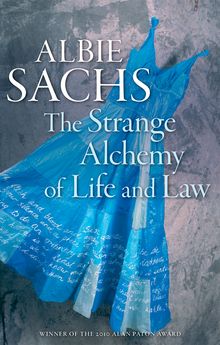
After playing an important role in drafting South Africa's post-apartheid Constitution, he was appointed by Nelson Mandela to be a member of the country's first Constitutional Court. Over the course of his fifteen year term on the Court he has grappled with the major issues confronting modern South Africa, and the challenges posed to the fledgling democracy as it sought to overcome the injustices of the apartheid regime.
As his term on the Court approaches its end, Sachs here conveys in intimate fashion what it has been like to be a judge in these unique circumstances, how his extraordinary life has influenced his approach to the cases before him, and his views on the nature of justice and its achievement through law.
The book provides unique access to an insider's perspective on modern South Africa, and a rare glimpse into the working of a judicial mind. By juxtaposing life experiences and extracts from judgments, Sachs enables the reader to see the complex and surprising ways in which legal culture transforms subjective experience into objectively reasoned decisions. With rare candour he tells of the difficulties he has when preparing a judgment, of how every judgment is a lie. Rejecting purely formal notions of the judicial role he shows how both reason and passion (concern for protecting human dignity) are required for law to work in the service of justice.
-
R 277.95
- EMAIL US
- OUT OF STOCK
- Download Catalogue